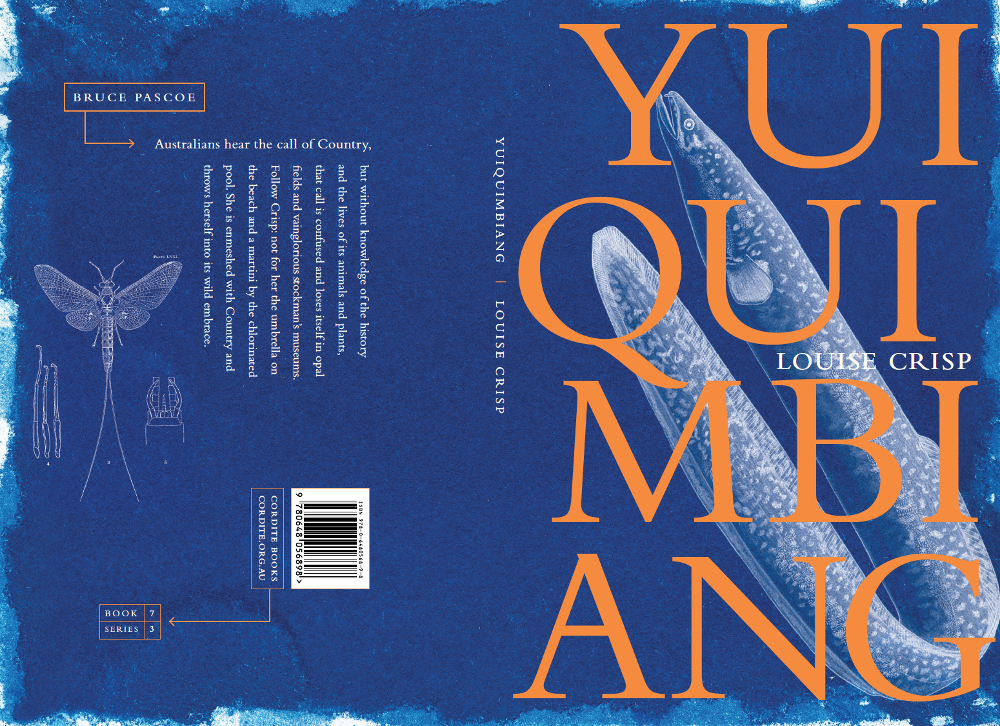
Read. This is poetry. Both a praise and a lament for Country. Read. There is little like it. Australia struggles with an embrace of the past, but Louise Crisp does not flinch from the intimacy of fact. If there is regret here, there is also hope – hope and a plea to you, reader, to witness the works of those for whom the land is not their mother.
Aboriginal people were born from Mother Earth and have no alternative but total allegiance. But acceptance of the colonial means that the Australian frontier has been misrepresented in what has been taught in our schools, and the economy and culture of Aboriginal and Torres Strait Islander peoples have been ignored. Country is that economy, and Crisp has devoted her life’s research to its upkeep. We must embrace the country beyond Donald Bradman, Vegemite and The Man from Snowy River. We have to look at the bush as its own place, not just as a repository for sheep and cattle.
So many Australians hear the call of Country, but without knowledge of the history and the lives of its animals and plants, that call is confused and loses itself in opal fields and vainglorious stockman’s museums. Follow Crisp: not for her the umbrella on the beach and a martini by the chlorinated pool. She is enmeshed with Country and throws herself into its wild embrace.
Eschew the quaintness of bush huts and mountain cattle, old pubs and shearing sheds, and launch yourself into Australia’s heart. This deep knowledge will prepare you for an investigation of Australian flora and fauna that goes beyond beef and mutton. ‘Washout–Briar–Gulch’ is a good starting place: a mixture of notes from the pastoral industry and Crisp’s own evocations, the poem has searing contrasts but is in no way didactic. The list of drought years is not there to condemn, but to reveal our Country for what it is.
In my reading of Yuiquimbiang, I keep returning to ‘Podocarpus Berries’, that wonderful journey of sisters and the sinister devil between them. It is a riveting poem, tinged with dread and blood. Read. Hope. Care. I challenge you to close this book and think of the trivial. This is Country calling for your love. Calls don’t command an answer, but they do require a listener.
Cover design by Zoë Sadokierski













